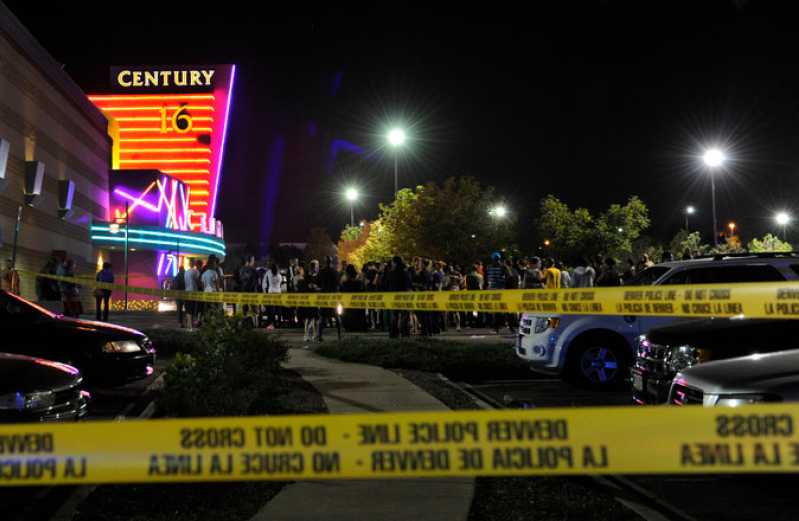
Media outlets covering mass shootings should refrain from identifying the attackers in order to prevent similar future attacks, a law-enforcement training and academic group in Texas that focuses on mass killings said on Monday.
The request from the group, the Advanced Law Enforcement Rapid Response Training Center, or ALERRT, came at the start of its annual conference on mass shootings, and follows the recent decision of Oregon officials not to publicly name a man who had killed nine people at a community college in October.
The center at Texas State University in San Marcos near the capital Austin, which trains U.S. law enforcement officers in strategies to prevent and deal with mass shootings, wants to deny attackers the fame they crave from media coverage.
"When we name the active shooters and we have profiles on them, we create a situation where we actually encourage more of those shootings to happen," center Executive Director J. Pete Blair told Reuters.
"One of the things that motivates at least a big chunk of them is the search for notoriety and fame," Blair said.
Founded in 2002, the center has researched mass shootings starting with the 1999 massacre at Columbine High School in Colorado, where two students killed 12 peers and a teacher before committing suicide.
Spokeswoman Diana Hendricks said the center was not seeking to censor, but to encourage a focus on the victims rather than the suspects.
"By encouraging the media to focus less on the suspects and more on the victims, maybe future events can be prevented," Hendricks said.
Sherry Towers, a research professor at the Mathematical and Computational Modeling Sciences Center at Arizona State University, who has studied the "contagion effect" of mass shootings, wrote in a paper over the summer that publicity about mass shootings tended to generate more mass killings.
The answer was for media to voluntarily change the way it reports such stories, Towers said.
Towers said there was a precedent for such an approach, citing instances where many media outlets have refrained from naming the victims, or in many cases, from reporting on suicides.
(Reporting by Jim Forsyth in San Antonio; Editing by Ben Klayman and Bernadette Baum)






